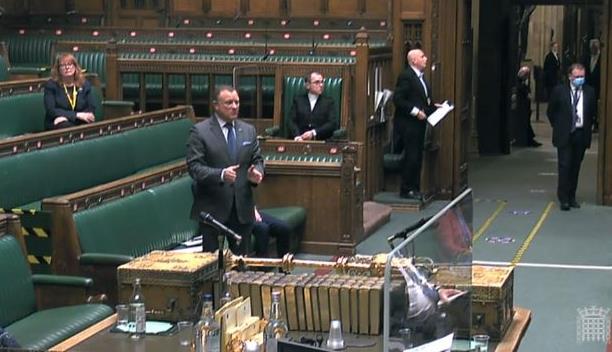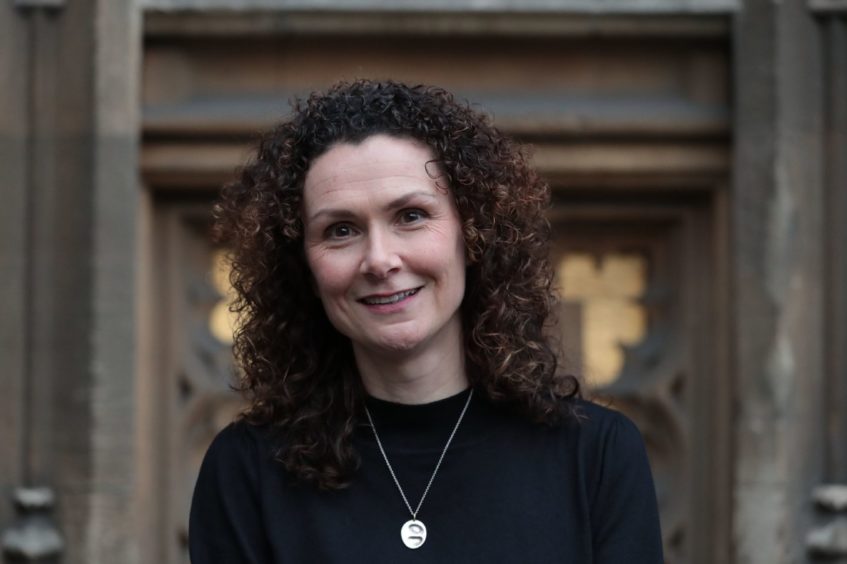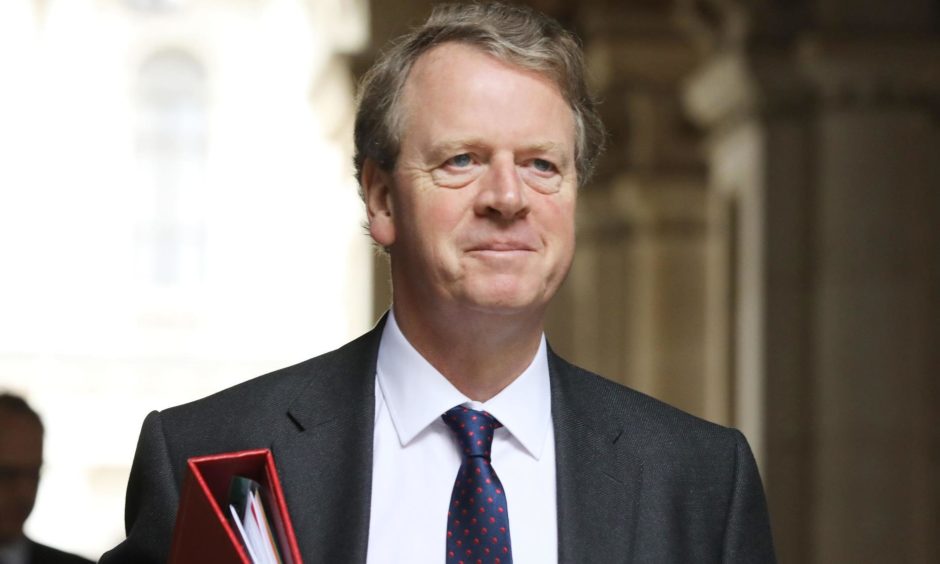Changes to Scotland’s constituency boundaries should not leave the country with a “democratic deficit”, MPs have warned.
The UK Government announced its newest member to the Boundary Commission for Scotland on Monday, in its appointment of Dr Susan Walker.
Dr Walker, who was a founding member of the Cairngorm National Park Authority and lives in Aberdeenshire, has been appointed to the commission ahead of the next boundary review, which will begin in January and be finalised by July 2023.
Previous reviews caused an outcry after changes were proposed for every constituency except the Islands and East Lothian; there was also a suggestion to reduce the number of Scottish MPs from 59 to 53 but ultimately none of these ideas came to fruition.
Angus Glens and Dundee East would be ‘disparate’
Among the more controversial proposals was one made in 2016, which would have seen parts of the Dundee East constituency merge with Angus.
Further north, a new Highland South seat was proposed in place of the existing Inverness, Nairn, Badenoch and Strathspey constituency.
Dundee East SNP MP Stewart Hosie warned that Scotland would lose out democratically if its number of representatives at Westminster was reduced.
He said: “Clearly in the past when attempts were made to reduce the number of Dundee seats, we resisted this.
“If similar attempts are made again, we will remain adamant Dundee retains its two parliamentary seats. It would be an outrage if Scotland’s fourth-largest city had its number of MPs reduced.
“The last time put together very disparate and distant communities, and any changes should make every effort to keep traditional communities together.
“The changes proposed in 2016 were met with huge resistance across the UK. It would be detrimental to Scottish democracy if the Conservatives reduced the number of representatives in Scotland.”
Last review showed ‘lack of understanding’ of Highlands
Drew Hendry, SNP MP for Inverness, Nairn, Badenoch and Strathspey, added: “The proposals in the previous boundary commission review showed a lack of understanding of the Highlands and Islands, Scotland’s communities and our landscape.
“I hope that a new review will seriously consider the impact of wholesale changes based purely on population, when this includes creating constituencies up to 12,000 km2.
“This is about eight times the size of greater London, which has 73 MPs, with much more challenging transport links.
“We should be working to bring democracy closer to people, not further away, and instead of trying to further reduce the representation for the people of Scotland in Westminster, the UK Government should focus on removing the unelected House of Lords, which remains a shameful blot on our democracy.”
Proportional vote would be ‘fairer’
Lib Dem Scotland spokesperson Wendy Chamberlain said as long as the Westminster first past the post system remains, communities will not be represented “fairly”.
She said: “If there was a reduction in the number of seats for Scotland at Westminster, it would be challenging for MPs in the amount of case work and number of constituents they would represent.
“Previously the Scottish boundary commission has taken a more realistic approach than commissions in England and elsewhere.
“But we should be looking at a proportional representation system to replace tired First Past the Post (FPTP).
“The reality is, FPTP is not equal. It is understandable the commission will look to have similar numbers of voters in each constituency but often geography or established communities are sacrificed to do so.
“These geographical areas and the communities in them would be much better recognised by a more proportional system.”
Dr Walker brings ‘vast experience’
Scottish Secretary Alister Jack said: “It’s great news Dr Susan Walker OBE has accepted the post of Member of the Boundary Commission for Scotland.
“Dr Walker brings vast experience and invaluable specialist knowledge, particularly from her background as a member of the Local Government Boundary Commission for Scotland, which is responsible for reviewing constituencies and regions for the Scottish Parliament.
“She will be an important part of the team and no doubt will make a positive impact and add significant strength to the work of the commission.
“I must also thank Paula Sharp, who will leave her post at the end of the year after serving for 10 years.”
The Boundary Commission for Scotland is an advisory non-departmental public body funded by the Scotland Office.
Both the commission’s sixth review and the one planned for 2018 (started in 2016) were cancelled. The last boundary changes in Scottish Parliamentary constituencies for Westminster took place in 2005.




